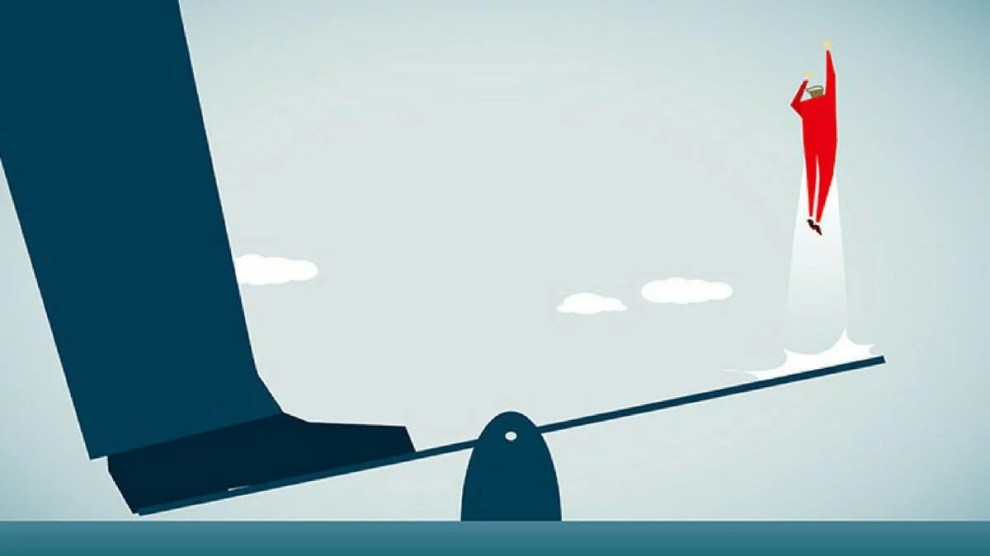
More and more, it looks like ten years is the official period for financial regulators to exhale and declare that what happened in 2008 can never happen again:
A decade after big banks needed government support to dig out of the financial crisis, the Federal Reserve is slowly, but steadily, making a series of regulatory changes that could chip away at new requirements put in place to prevent a repeat of the 2008 meltdown.
….Some current and former Fed officials worry that the central bank and its fellow regulators are giving large banks, which are making big profits, an unnecessary gift that could leave the economy exposed in the next downturn. They say the overseers should be forcing banks to maintain or even build up their defenses given the strong economy, which is in its longest expansion on record, rather than eroding those buffers.
….The changes, some put into place and others still under consideration, range from making it easier for big banks to pass the Fed’s annual “stress test” of their financial health to allowing some to borrow more. One idea being floated could quietly reduce capital levels at the biggest American banks over the course of the business cycle.
What could go wrong?
If regulators had a laundry list of smallish changes they wanted to make in the name of efficiency or ease of regulation or something like that, and they were willing to trade the whole package for, say, a small increase in crude leverage requirements, I’d go along. But unilaterally making capital requirements looser simply because banks look to be in pretty good shape these days is as dumb as it comes. Of course banks look pretty solid after ten years of economic expansion. The question is how will they look after they’ve faced their first recession? At the very least, shouldn’t we leave current policies in place until Wall Street successfully navigates an entire economic cycle from trough to trough before deciding that we’re being too tough on the poor babies?














